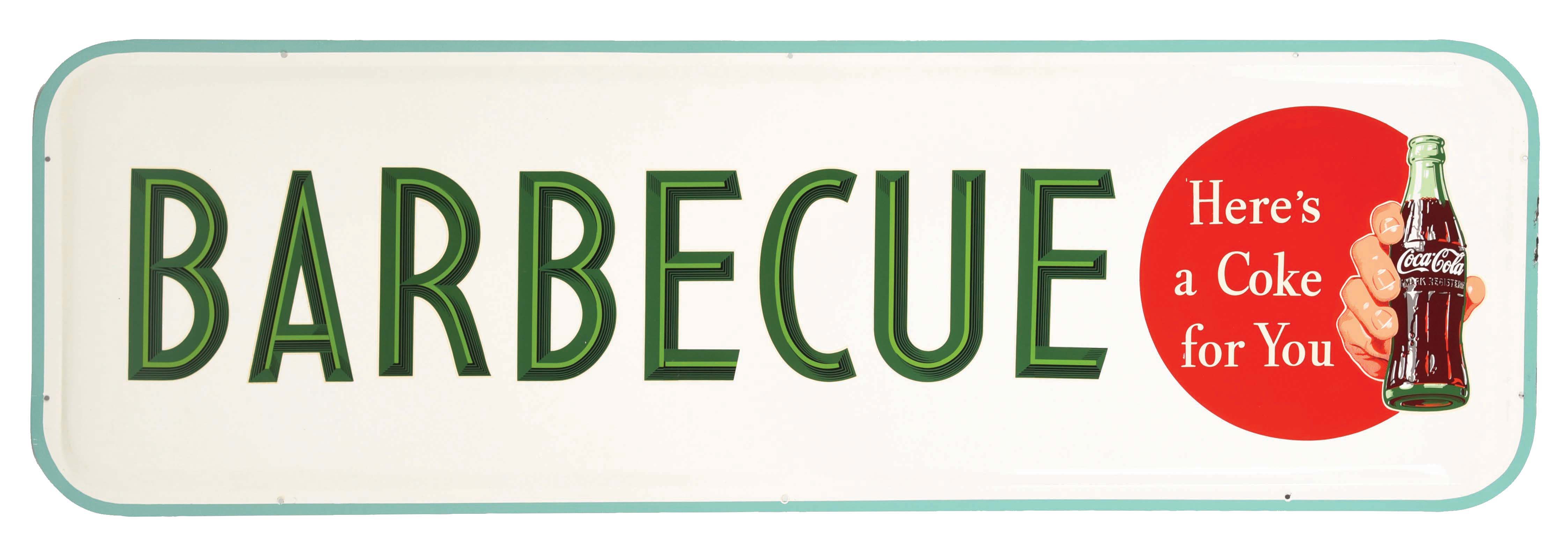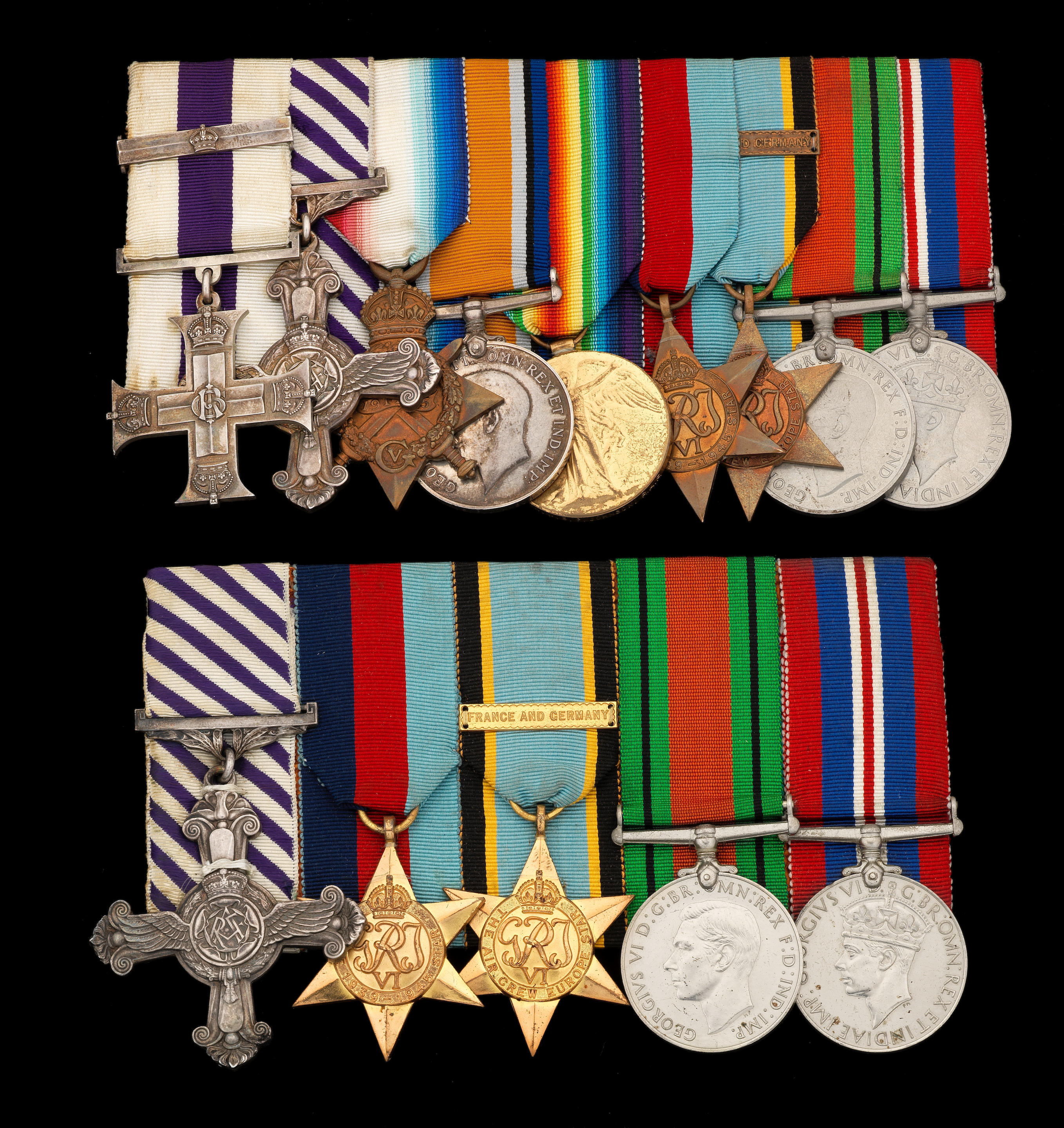The Unique and Outstanding post-War Q.P.M. for Gallantry, Second War M.M. and Bar group of four awarded to Lance Sergeant, later Detective Inspector J. O’Donnell, Irish Guards, who was awarded the Military Medal for his gallantry in fighting off the German Stuka Aircraft attacking ‘Harpoon Force’ during the successful British rescue of the Dutch Queen, Her Government, and millions of pounds worth of diamonds during the Blitzkrieg Invasion of Holland in May 1940. O’Donnell was subsequently awarded a Second Award Bar to his Military Medal for his remarkable ten escape attempts whilst a Prisoner of War in Central Europe; and was awarded a Posthumous Queen’s Police Medal for his great gallantry when, unarmed, he negotiated with a murderer who he knew had already shot two people Queen’s Police Medal for Gallantry, E.II.R. (Insp. James O’Donnell, Blackburn Borough Police), with Royal Mint case of issue; Military Medal, G.VI.R., with Second Award Bar (2717019 L. Sjt. J. O’Donnell, Ir. Gds.); 1939-45 Star; War Medal 1939-45, mounted court-style for display purposes; together with a Royal Life Saving Society Medal, silver, named to ‘J. O’Donnell, 1934’, generally good very fine (5) £12,000-£15,000 Footnote Provenance: William Oakley Collection, Dix Noonan Webb, December 2012. A total of only 133 double M.M’s were awarded during the Second World War, of which O’Donnell’s award is unique to the Irish Guards. Q.P.M. London Gazette 14 August 1959. Police Gallantry, by J. Peter Farmery, states: ‘On 12 December 1958, a taxi-driver drove to police headquarters and reported that he had seen a man, soon identified as Henry King, standing in Brewery Road, Blackburn holding a shotgun. Constables Halliwell, Colvill and Riley immediately went to the scene, and entered the house. There were several persons present, including King, who was holding a shotgun. As Constable Colvill approached, King fired the shotgun without warning, hitting the Constable in the groin. Constables Riley and Halliwell immediately dragged their injured colleague out of the kitchen and into the front room. Soon afterwards Detective Inspector O’Donnell and Inspector Harrison arrived, and went into the kitchen and started talking to the man with the gun. Inspector O’Donnell persuaded the man, whom he had arrested before, and therefore knew him as Henry King a local small time criminal, to let him into the back room. There he found King standing over his wife, whom he had already shot dead. King said that he wanted to make a statement, and Inspector O’Donnell said that he would write it down. However King became very agitated when he could not see the Inspector writing anything, and as Inspector O’Donnell turned to speak to him, King suddenly fired a shot without warning, hitting Inspector O’Donnell in the chest. Inspector Harrison and Constable Halliwell took their fatally wounded colleague out of the room, and he was removed to hospital where he later died.’ M.M. London Gazette 21 February 1946: ‘In recognition of gallant and distinguished services in the Field.’ M.M. Second Award Bar London Gazette 6 June 1946. The original recommendation states: ‘O’Donnell was captured at The Hague on 15 May 1940, and spent the greater part of his imprisonment in Poland. He was wounded and in hospital at the time of his capture, but unsuccessfully tried to evade the Germans through the American Legation. After a short period in hospital he was sent to Thorn where he escaped in August 1940 by posing as a member of a working party. He was recaptured the next day. In February 1942 he allowed himself to be caught out of bounds so that he should be sent to a working party for punishment. He was sent to a farm but his preparations were noticed and he was returned to the Stalag. During August 1942 he slipped away from his guard when working outside the camp and started walking to Warsaw disguised as a Pole. After four days he was recaptured. In February 1943 he climbed the wall at Fort 13 but was
The Unique and Outstanding post-War Q.P.M. for Gallantry, Second War M.M. and Bar group of four awarded to Lance Sergeant, later Detective Inspector J. O’Donnell, Irish Guards, who was awarded the Military Medal for his gallantry in fighting off the German Stuka Aircraft attacking ‘Harpoon Force’ during the successful British rescue of the Dutch Queen, Her Government, and millions of pounds worth of diamonds during the Blitzkrieg Invasion of Holland in May 1940. O’Donnell was subsequently awarded a Second Award Bar to his Military Medal for his remarkable ten escape attempts whilst a Prisoner of War in Central Europe; and was awarded a Posthumous Queen’s Police Medal for his great gallantry when, unarmed, he negotiated with a murderer who he knew had already shot two people Queen’s Police Medal for Gallantry, E.II.R. (Insp. James O’Donnell, Blackburn Borough Police), with Royal Mint case of issue; Military Medal, G.VI.R., with Second Award Bar (2717019 L. Sjt. J. O’Donnell, Ir. Gds.); 1939-45 Star; War Medal 1939-45, mounted court-style for display purposes; together with a Royal Life Saving Society Medal, silver, named to ‘J. O’Donnell, 1934’, generally good very fine (5) £12,000-£15,000 Footnote Provenance: William Oakley Collection, Dix Noonan Webb, December 2012. A total of only 133 double M.M’s were awarded during the Second World War, of which O’Donnell’s award is unique to the Irish Guards. Q.P.M. London Gazette 14 August 1959. Police Gallantry, by J. Peter Farmery, states: ‘On 12 December 1958, a taxi-driver drove to police headquarters and reported that he had seen a man, soon identified as Henry King, standing in Brewery Road, Blackburn holding a shotgun. Constables Halliwell, Colvill and Riley immediately went to the scene, and entered the house. There were several persons present, including King, who was holding a shotgun. As Constable Colvill approached, King fired the shotgun without warning, hitting the Constable in the groin. Constables Riley and Halliwell immediately dragged their injured colleague out of the kitchen and into the front room. Soon afterwards Detective Inspector O’Donnell and Inspector Harrison arrived, and went into the kitchen and started talking to the man with the gun. Inspector O’Donnell persuaded the man, whom he had arrested before, and therefore knew him as Henry King a local small time criminal, to let him into the back room. There he found King standing over his wife, whom he had already shot dead. King said that he wanted to make a statement, and Inspector O’Donnell said that he would write it down. However King became very agitated when he could not see the Inspector writing anything, and as Inspector O’Donnell turned to speak to him, King suddenly fired a shot without warning, hitting Inspector O’Donnell in the chest. Inspector Harrison and Constable Halliwell took their fatally wounded colleague out of the room, and he was removed to hospital where he later died.’ M.M. London Gazette 21 February 1946: ‘In recognition of gallant and distinguished services in the Field.’ M.M. Second Award Bar London Gazette 6 June 1946. The original recommendation states: ‘O’Donnell was captured at The Hague on 15 May 1940, and spent the greater part of his imprisonment in Poland. He was wounded and in hospital at the time of his capture, but unsuccessfully tried to evade the Germans through the American Legation. After a short period in hospital he was sent to Thorn where he escaped in August 1940 by posing as a member of a working party. He was recaptured the next day. In February 1942 he allowed himself to be caught out of bounds so that he should be sent to a working party for punishment. He was sent to a farm but his preparations were noticed and he was returned to the Stalag. During August 1942 he slipped away from his guard when working outside the camp and started walking to Warsaw disguised as a Pole. After four days he was recaptured. In February 1943 he climbed the wall at Fort 13 but was









/94739/Internet%20Image%201.jpg)



/116459/Internet%20Image%201.jpg)
/108249/Internet%20Image%201.jpg)
Testen Sie LotSearch und seine Premium-Features 7 Tage - ohne Kosten!
Lassen Sie sich automatisch über neue Objekte in kommenden Auktionen benachrichtigen.
Suchauftrag anlegen